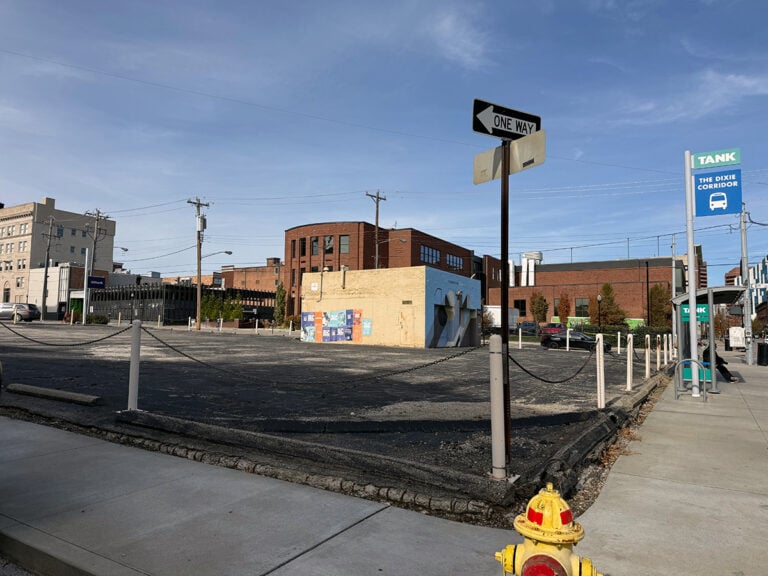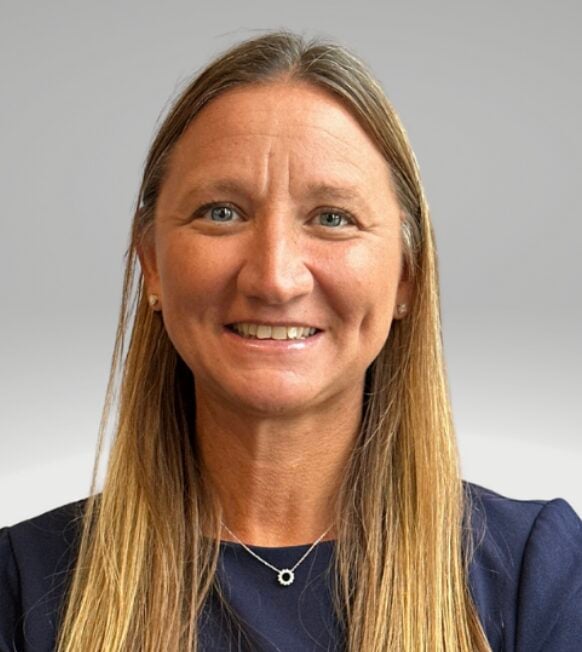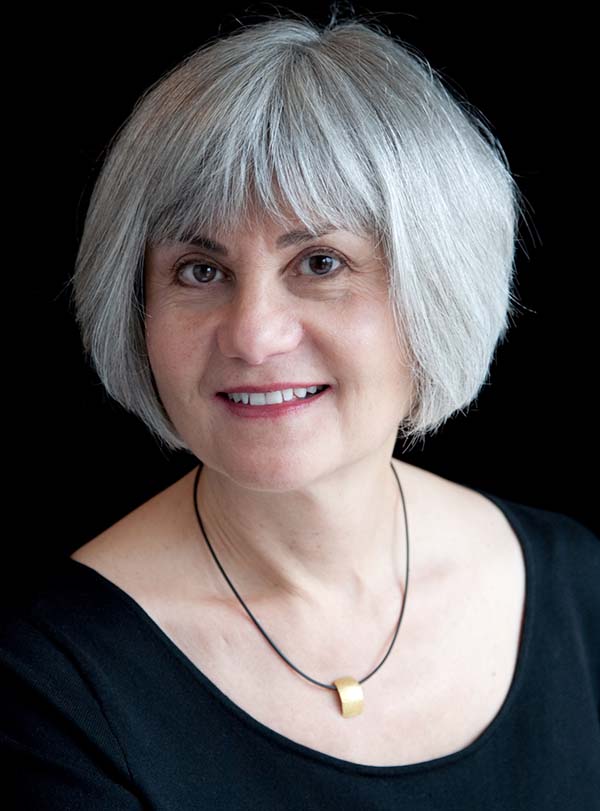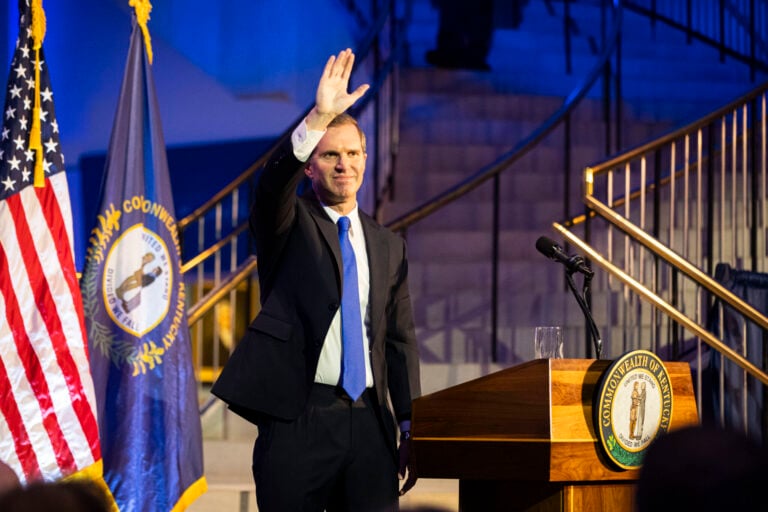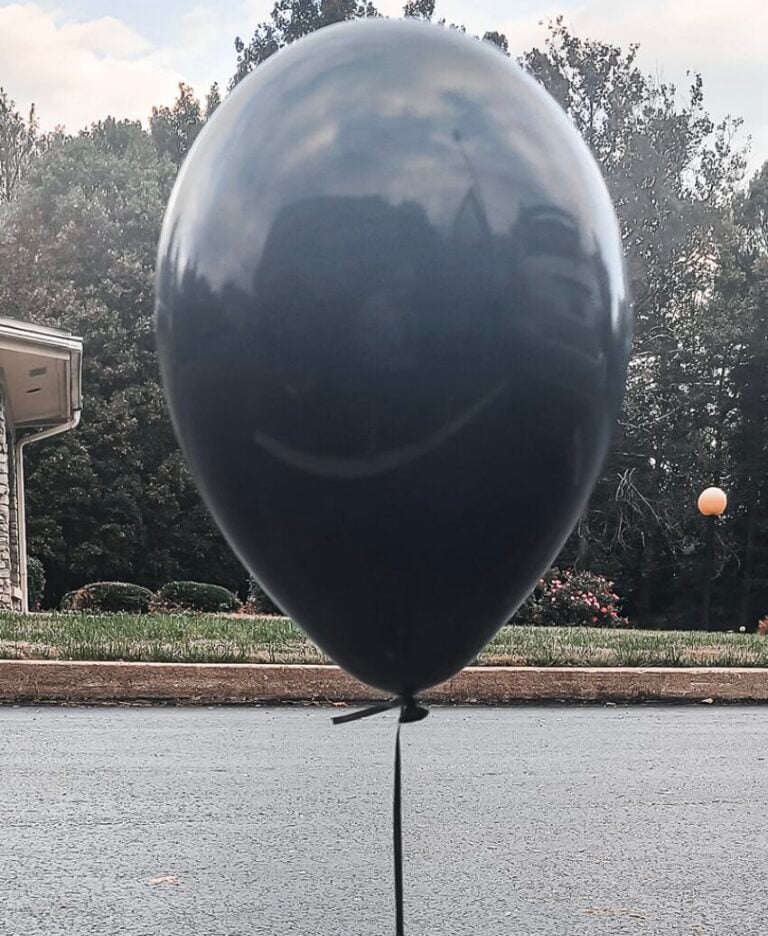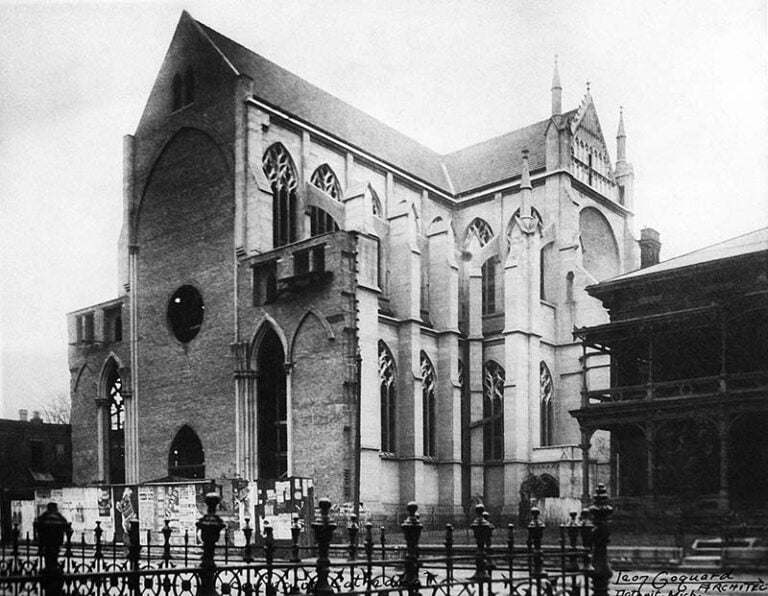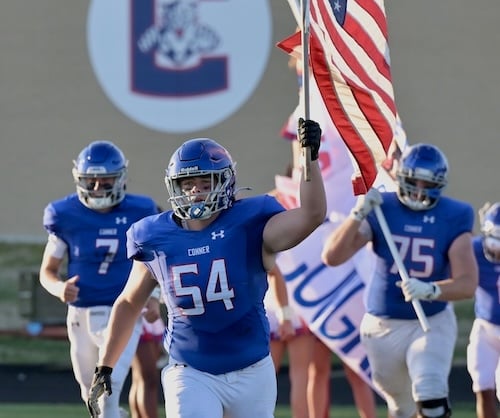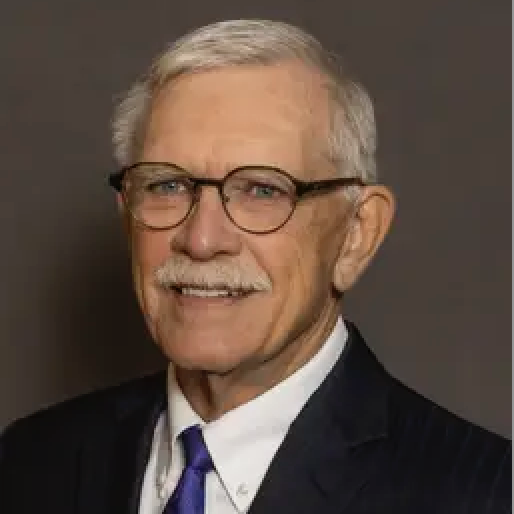Special to NKyTribune
He is so much a part of the Campbell County community that it’s hard for Dr. Todd Cook to go anywhere without running into a patient or a family member of a patient.
Church. Grocery store. Movies. Restaurants. Volunteer committees. Kids soccer games. Great American Ball Park.
“They’re everywhere,” he says.
And they are business leaders, politicians, religious leaders, physicians, media members and educators. They are neighbors.
Cook, who has practiced medicine in Northern Kentucky for more than 40 years, has retired. The former vice president and chief medical officer of St. Elizabeth Physicians estimates that he has delivered 150 children and treated more than 10,000 community members, including five generations of some families.
House calls. Rounds at hospitals. Volunteer hours at nursing homes. Phone consultations. He has done it all – gladly.
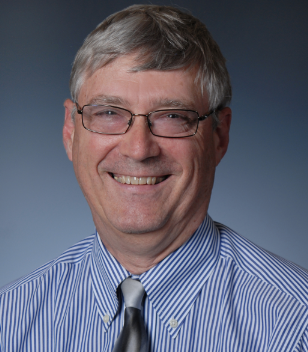
“There isn’t any greater honor than for somebody to trust you with their healthcare,” Cook says. “I had a chance to make a difference to thousands of patients and family members. You don’t get that chance very often. They’re my people. This is my community.”
His standing in the community is a bit ironic.
You see, Cook is a behind-the-scenes kinda guy who much prefers to be in the background. He is happy to help people – that’s why he got into medicine in the first place – and he prides himself on giving back and being a steward of the community.
But being recognized in public? Honored for his service? Thanked by familiar and unfamiliar faces?
“That’s not me,” he says. “I’m very low-profile. I will bust my tail to make it better here, but I’m not here as a public figure. I don’t like publicity. I’m a relative social moron. I don’t like ceremonies and things like that.”
Medicine was not the original plan.
Cook, who grew up in Erlanger and attended Lloyd High School, first went to college for forestry. He attended Michigan Technological University for two years and wanted to be Secretary of the Interior. Yep, that’s what he said.
However, the scene in tiny Houghton, Mich., was not for Cook. “There were 3,700 students and only 300 were women,” he says with a smile. “I wanted a social life.”
The summer of ’68, Cook took a job as a diener, helping a neuropathologist perform autopsies. Cook was paid by the body ($30 per). He learned how to peel a scalp, sew up a body and handle getting “sprayed” with bodily fluids.
“I got to see a very different side of things,” he says. “It was a little intimidating.”
That kick-started his interest in medicine.
“I realized everything outdoors was more of a hobby, an interest rather than an avocation,” Cook says. “I realized I could be much more helpful to people doing other things.”
After two years at Michigan Tech and some summer courses at Thomas More College, Cook went to Indiana University, where he majored in anatomy physiology with minors in chemistry (which he hated) and Slavic Studies (which he loved). He studied Russian language, literature, geography. “It was actually pretty stupid in hind sight,” he says. “I’m not sure what I would’ve done with a Slavic degree.”
He graduated from Indiana in June 1970 and headed off the following fall to medical school at the University of Kentucky.
Med school, he says, was hyper competitive. Cook steered himself toward family practice. He disliked surgery but loved the pathology and enjoyed working with people.
“For me, going into medicine was always altruistic,” he says. “The money wasn’t the important thing.”
It’s about the patients
Cook graduated from UK in 1974. He never really intended to come home and build a practice in Northern Kentucky. Bill Temple, a local pediatrician, encouraged him to apply for a new family practice residency program at St. Elizabeth Medical Center that had been defunct and was being resurrected. Temple was the program’s education director.
When he left the program in 1977, Cook opened up a practice in Cold Springs with UK classmate Jerry Dempsey.
“We were making about $18,000 a year,” Cook says. “We would answer the telephone. We were always available. We would go see patients in the ER after hours and monitor them in the hospital. We had primary care patients from St. E and St. Luke
.
“We were there to serve.”
The practice grew. And grew. By the early 1990s, there were about 75 physicians. He spent 35 years in private practice. Cook became medical director for Patient First Physicians Group and one of the medical directors for Anthem Blue Cross Blue Shield.
In 2010, Cook joined St. Elizabeth Physicians. He served as interim CEO for nine months before settling into his role as vice president and chief medical officer.
And now, retirement.
“I will miss the people,” Cook says. “I won’t miss diarrhea, broken ankles and chest pains. I will miss the people who have them. That’s a tougher hit for me.”
Cook said will continue to volunteer in the community, with his church and local medical organizations. He has considered mission work.
He also wants to spend more time with his wife Lissa, to whom he will be married 45 years in August, his three children and four grandchildren. Cook looks forward to traveling, writing and fishing. He wants to build wooden ships, learn to produce stained glass and play the banjo.
What does he want his legacy to be in Northern Kentucky? What does he want people to say about him?
Long pause. He’s almost too humble to answer.
“He’s a nice guy who worked his butt off,” he finally says. “He gave back to the community. He lived to serve.”
He continues.
“My decision to do family practice was probably the best thing I could’ve done,” he says. “There is nothing more important to me than family. Period.”
Some things you might want to know about Dr. Cook:
According to Cook: 4 biggest changes in medicine
1. Volume of information
2. Availability of information
3. Increased patient expectations
4. Electronic medical records
Dr. Todd Cook factoids:
1. He originally went to college (Michigan Technological University) to attend its School of Forest Resources and Environmental Science (“I wanted to be Secretary of the Interior,” he says.)
2. At age 19, he worked as a diener, a morgue attendant who helped with autopsies
3. He loves to go salmon fishing in St. Joseph, Mich., with friends
4. He writes in a journal almost daily (fiction, non-fiction, poetry)
5. During retirement, he wants to learn to play the banjo and create stained glass
From St. Elizabeth Healthcare







